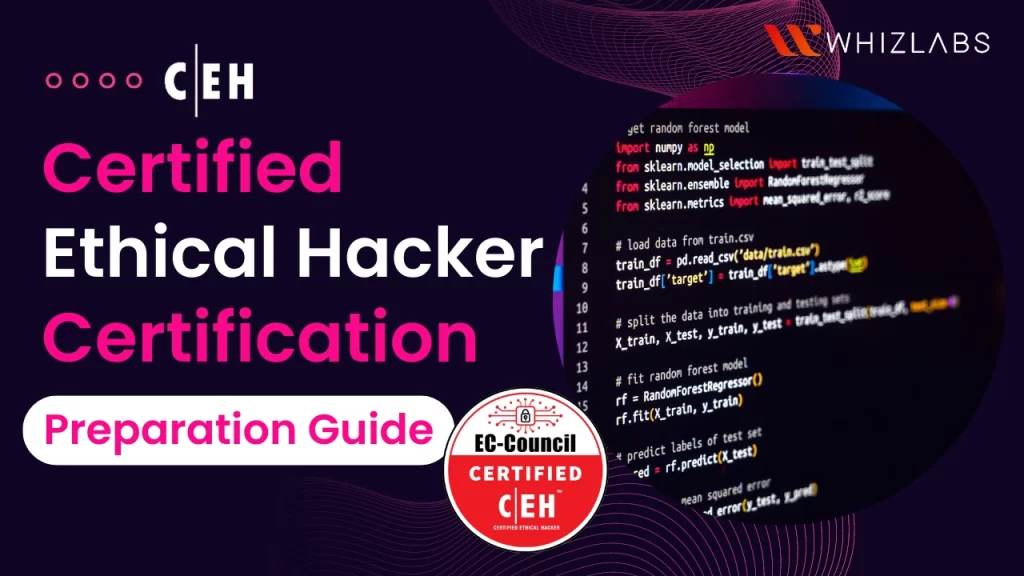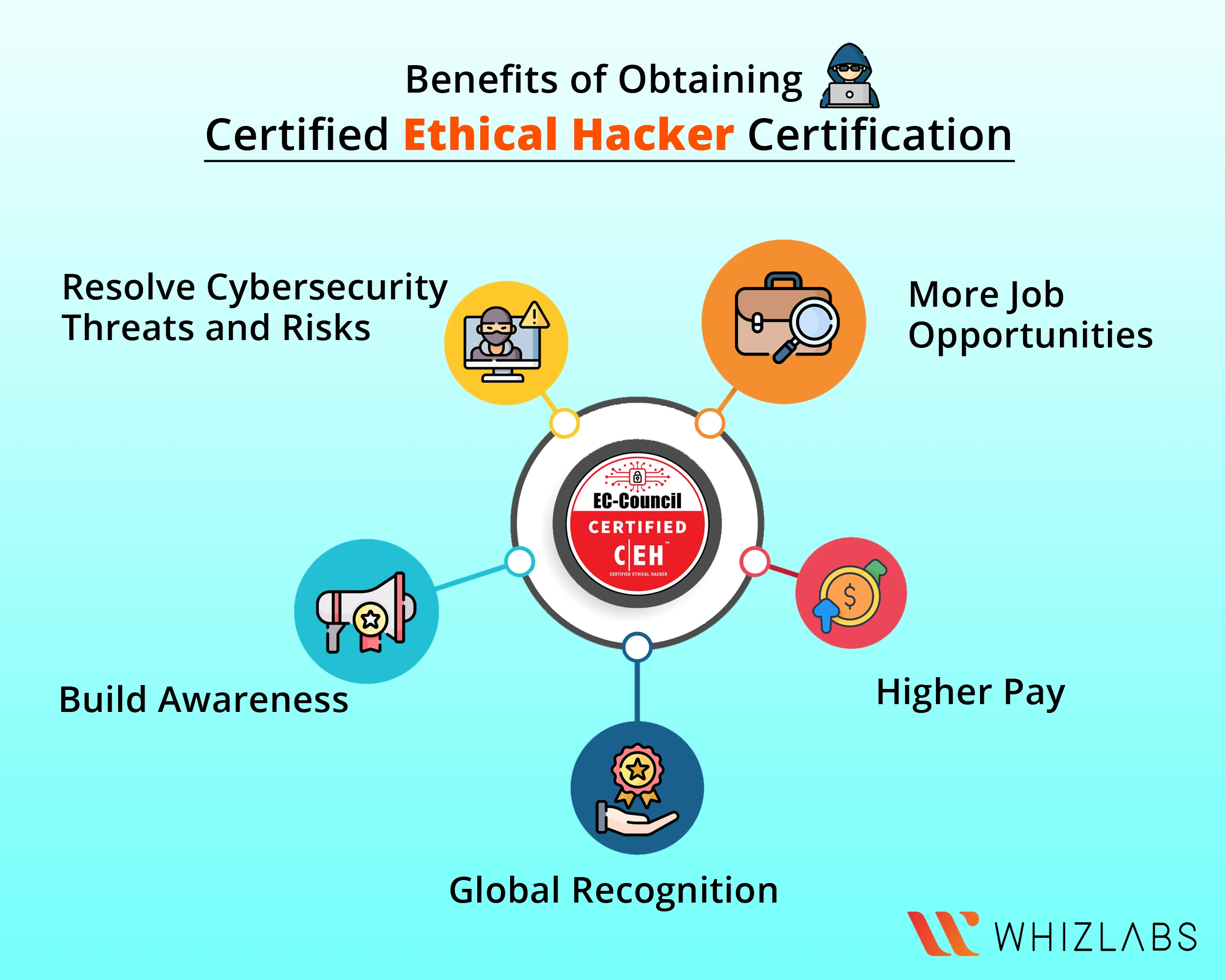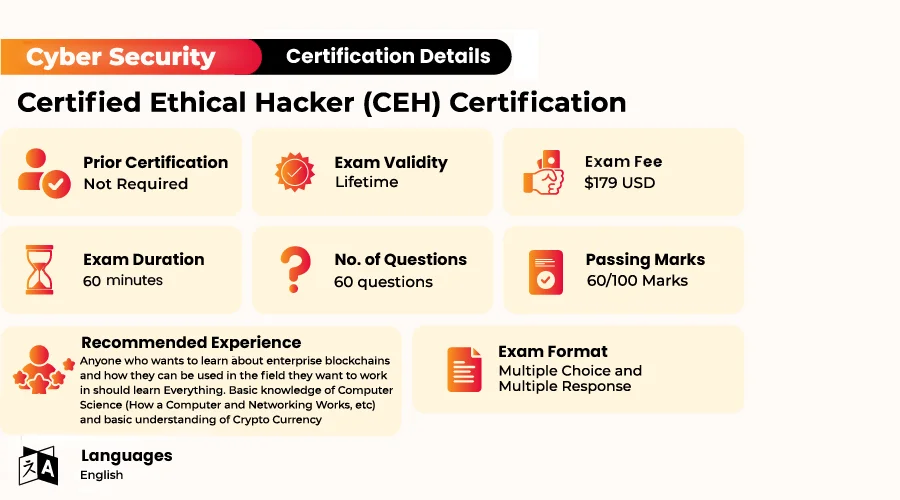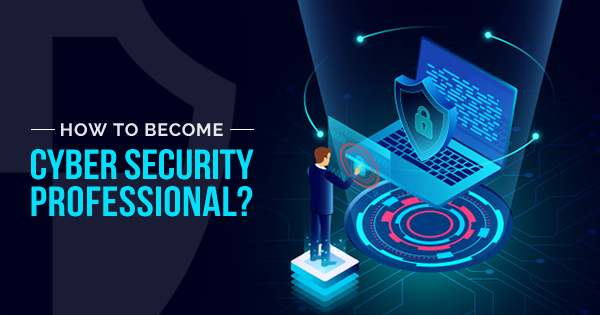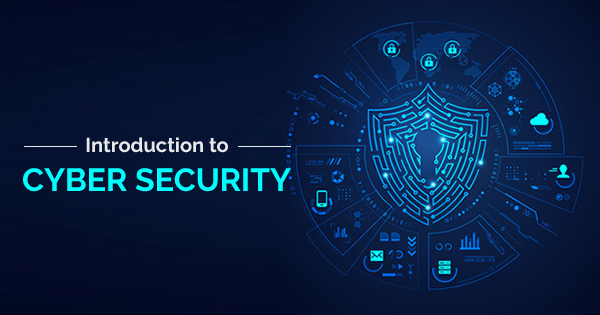If you’re aiming to become a Certified Ethical Hacker (C|EH)? If so, then Certified Ethical Hacker certification is for you.
By obtaining the Certified Ethical Hacker certification, you will gain comprehensive knowledge of ethical hacking, reconnaissance techniques, system hacking phases, network and web application hacking, wireless network security, and more.
In this blog post, we will delve into the details of the Certified Ethical Hacker certification. We will explore who can benefit from this certification, the prerequisites required to take the exam, and provide valuable preparation tips and strategies.
Let’s get started!
All about Certified Ethical Hacker certification
The Certified Ethical Hacker (C|EH) certification is a highly recognized credential in the field of cybersecurity. It validates an individual’s skills and knowledge in ethical hacking, enabling them to identify vulnerabilities and strengthen the security posture of organizations.
This certification showcases your commitment to ethical hacking practices and your ability to protect organizations from cyber threats.
The roles and responsibilities of a Certified Ethical Hacker such as:
- Having a discussion about the installed security system with clients.
- Examining the system, network architecture, and potential entry points of the firm.
- Performing several system penetration tests.
- Locating and documenting security weaknesses and violations.
- Finding locations with high security.
- Evaluation and assessment of the security network.
- Generating ideas for security enhancements.
- Organizing the reports from penetration tests for end users
- Carry out penetration tests after adopting new security measures
- Alternate upgrade suggestions
What are the skills you will gain from the Certified Ethical Hacker certification?
The Certified Ethical Hacker (CEH) certification is highly regarded in the cybersecurity field, sought after by professionals aiming to enhance their ethical hacking skills. This certification is designed to be accessible even to individuals without prior experience in ethical hacking.
To successfully pass the final Certified Ethical Hacker certification and earn this credential, candidates are required to demonstrate proficiency in nine domains, which cover a wide range of knowledge areas:
- Information Security and Ethical Hacking
- Reconnaissance Techniques
- System Hacking Phases and Attack Techniques
- Network and Perimeter Hacking
- Web Application Hacking
- Wireless Network Hacking
- Mobile, IoT & Operational Technology Hacking
- Cloud Computing
- Cryptography
By showcasing competence in these domains, Certified Ethical Hacker certification professionals demonstrate their ability to navigate various aspects of ethical hacking, including reconnaissance, system hacking, network security, web application vulnerabilities, wireless network vulnerabilities, mobile and IoT security, cloud computing threats, and cryptography.
Who should take the Certified Ethical Hacker certification exam?
The Certified Ethical Hacker (CEH) certification exam is ideally suited for individuals who are interested in pursuing a career in ethical hacking or those already working in the cybersecurity field who are looking to enhance their skills and knowledge in the field of ethical hacking.
The Certified Ethical Hacker (CEH) certification is suitable for:
- Information Security Professionals: Individuals already working in the field of information security who want to specialize in ethical hacking and penetration testing.
- IT Professionals: IT administrators, network administrators, system administrators, and other IT professionals who want to gain a deeper understanding of security vulnerabilities and how to defend against them.
- Security Officers and Auditors: Professionals responsible for auditing and assessing the security of an organization’s systems and infrastructure.
- Network and System Administrators: Individuals responsible for maintaining the security of networks and systems, as well as identifying and patching vulnerabilities.
- Penetration Testers: Professionals involved in performing penetration testing and vulnerability assessments to identify security weaknesses in systems.
- Ethical Hackers: Individuals who want to develop their skills and knowledge in ethical hacking, learning how to think like malicious hackers to identify and mitigate vulnerabilities.
Ultimately, the Certified Ethical Hacker (CEH) certification exam is suitable for individuals who are passionate about cybersecurity, eager to learn ethical hacking techniques, and committed to protecting organizations from cyber threats.
What are the prerequisites required for the Certified Ethical Hacker certification exam?
The CEH exam gauges a candidate’s understanding of hacking techniques and equipment as well as their ability to utilize it legally and ethically. Employers worldwide organize the CEH certification, one of the most well-liked information security qualifications.
Although CEH certification is not necessary for all information security positions, it might be useful for candidates who want to highlight their expertise in this area. The CEH certification helps individuals advance in their jobs and get paid more.
To be eligible for the Certified Ethical Hacker certification exam, candidates must possess at least 2 years of information security experience.
What are the benefits of obtaining Certified Ethical Hacker certification?
Certified Ethical Hackers play a crucial role in organizations by proactively identifying vulnerabilities and implementing robust security measures. They help safeguard against malicious attacks and assist in strengthening the overall security posture.
An individual’s skills and expertise in ethical hacking are validated by CEH Certification, a widely accepted norm.
In today’s complex digital environments, candidates who pass the CEH test are well-equipped to identify and mitigate hazards. Employers highly value CEH Certification and frequently demand it for particular information security positions. Additionally, CEH holders are entitled to join the EC-Council’s exclusive AFCEA community of certified ethical hackers.
If you become a CEH-certified expert, you will have an in-depth understanding of the most recent risks, threats, and vulnerabilities that organizations are currently facing. Having this information is crucial for creating security measures that work.
Obtaining CEH certification is an excellent method to advance your InfoSec career. The certification proves your dedication to cybersecurity and equips you with the know-how to assume greater responsibilities in your position.
You need to be aware of how hackers think and act in order to protect against them effectively. One of the primary benefits of CEH certification such that it allows you to understand how ethical hackers might think. You learn how to predict and block a hacker’s moves by developing your knowledge of how they think.
Salary for Certified Ethical Hacker certification
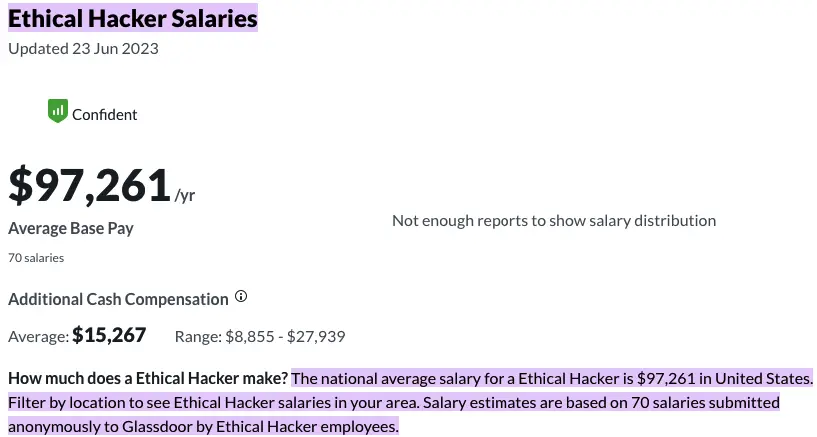
The average salary of an ethical hacker in the USA is indeed quite lucrative. With an average annual salary of $121,875, or $58.59 per hour, ethical hackers are well-compensated for their specialized skills and expertise in cybersecurity.
It’s worth noting that the starting pay for an entry-level ethical hacking job in the US is also quite impressive, with an average salary of $112,000 annually. This indicates that even at the early stages of their career, ethical hackers can expect competitive compensation.
The high demand for cybersecurity professionals, including ethical hackers, is a driving factor behind these attractive salary figures. With the increasing frequency and sophistication of cyber threats, organizations are willing to invest in skilled professionals who can protect their digital assets and secure their networks.
Furthermore, ethical hacking is a specialized field that requires continuous learning and staying up-to-date with the latest technologies and techniques. Professionals who invest in their skills, obtain relevant certifications such as the Certified Ethical Hacker (C|EH), and gain practical experience can command higher salaries and advance in their careers.
Exam Format for Certified Ethical Hacker certification exam
Exam domain for Certified Ethical Hacker certification exam
The Certified Ethical Hacker certification exam domains are broken into nine and they are tabulated below:
| Domains | Percentage |
| Information Security and Ethical Hacking Overview | 6% |
| Reconnaissance Techniques | 21% |
| System Hacking Phases and Attack Techniques | 17% |
| Network and Perimeter Hacking | 14% |
| Web Application Hacking | 16% |
| Wireless Network Hacking | 6% |
| Mobile Platform, IoT, and OT Hacking | 8% |
| Cloud Computing | 6% |
| Cryptography | 6% |
Study materials to refer to for the Certified Ethical Hacker certification
When preparing for the Certified Ethical Hacker (C|EH) certification, it’s essential to have reliable study materials that cover the exam objectives and provide comprehensive content. Here are some recommended resources to refer to for C|EH exam preparation:
Official EC-Council Training: EC-Council offers official training courses specifically designed for the Certified Ethical Hacker (C|EH) certification. These courses provide in-depth coverage of the exam objectives and include hands-on labs and practical exercises to reinforce learning.
CEH Official Study Guide: The Certified Ethical Hacker (CEH) Version 10 Study Guide written by Sean-Philip Oriyano is an official study guide endorsed by EC-Council. It covers all the exam domains and provides in-depth explanations, practice questions, and real-world scenarios to enhance your understanding.
C|EH Official Practice Tests: EC-Council also offers official practice tests that simulate the C|EH exam environment. These practice tests allow you to assess your knowledge and identify areas that require further study.
Books: There are several highly recommended books on ethical hacking that cover the concepts and techniques relevant to the C|EH certification.
Examples include
- “The Web Application Hacker’s Handbook” by Dafydd Stuttard and Marcus Pinto
- “Metasploit: The Penetration Tester’s Guide” was written by authors David Kennedy, Jim O’Gorman, Devon Kearns, and Mati Aharoni.
Additionally, it’s recommended to supplement your studies with hands-on practice in virtual lab environments and by staying updated on the latest trends and vulnerabilities in the cybersecurity field.
Also Read : All you need to know about Certified Ethical Hacker Certification
Preparation tips for the Certified Ethical Hacker certification exam
Preparing for the Certified Ethical Hacker (C|EH) certification exam requires a systematic approach and a solid study plan. Here are some pro tips for you to clear the exam with flying colors:
- Understand the Exam Objectives: Get familiar with the Certified Ethical Hacker (C|EH) certification exam objectives mentioned by the EC-Council. This will give you a clear understanding of the topics and domains that will be covered in the exam.
- Review the C|EH Exam Blueprint: Study the exam blueprint, which outlines the weightage of each domain in the exam. Focus more on domains that carry higher weightage, but ensure you have a good understanding of all the domains.
- Enroll in Official Training: Consider enrolling in official EC-Council training for C|EH. These training courses are designed to cover the exam objectives thoroughly and provide hands-on experience with ethical hacking techniques.
- Use Official Study Materials: Utilize official study materials, such as the C|EH official study guide and official practice tests provided by EC-Council. These resources are specifically designed to align with the exam objectives and give you a comprehensive understanding of the topics.
- Explore Additional Resources: Supplement your study materials with additional resources like online tutorials, ethical hacking blogs, YouTube channels, and forums. These resources can provide valuable insights, real-world scenarios, and tips from experienced professionals.
- Join Study Groups or Forums: Engage with the cybersecurity community by joining study groups or online forums dedicated to C|EH certification. Discussing concepts, sharing resources, and exchanging ideas with peers can enhance your understanding and provide support throughout your preparation journey.
FAQs
Is CEH easy to pass?
The Certified Ethical Hacker certification is somehow difficult to pass and it needs constant effort in the preparation process. One who wants to possess this certification must spend
How long should you study for CEH?
It is recommended to spend 5 weeks on the Certified Ethical Hacker certification exam preparation. And it may differ based on the knowledge and expertise.
Can you self-study for the CEH?
There are two main ways you can choose to prepare for the CEH certification exam such as self-study or instructor-led training.
Summary
Hope this article equips you with detailed information on Certified Ethical Hacker certification. You can become a certified ethical hacker and gain confidence in finding any kind of loopholes in an organization by just taking the Certified Ethical Hacker certification.
Additionally, practicing with mock exams, joining study groups or forums, utilization of hands-on labs, and sandboxes, and staying updated with the latest cybersecurity trends are vital components of a successful preparation strategy.
With dedication, continuous learning, and a commitment to ethical practices, you can become a proficient Certified Ethical Hacker and make a positive impact in the cybersecurity industry.
If you have any clarification regarding this blog post, please feel free to contact us today!
- A Tour of Google Cloud Hands-on Labs - December 12, 2023
- Mastering Azure Basics: A Deep Dive into AZ-900 Exam Domains - December 4, 2023
- Exploring the Benefits of Validation Feature in Hands-on Labs - October 10, 2023
- 20+ Free MD-102 Exam Questions on Microsoft Endpoint Administrator - September 27, 2023
- 20+ Free MS-102 Exam Questions on Microsoft 365 Administrator Certification - September 25, 2023
- AWS Certified Developer Salary in 2024 - September 19, 2023
- Guide to SharePoint, OneDrive, and Teams External Sharing in Teams - September 10, 2023
- What is Cross-Tenant Synchronization | MS-700 Certification - August 31, 2023
